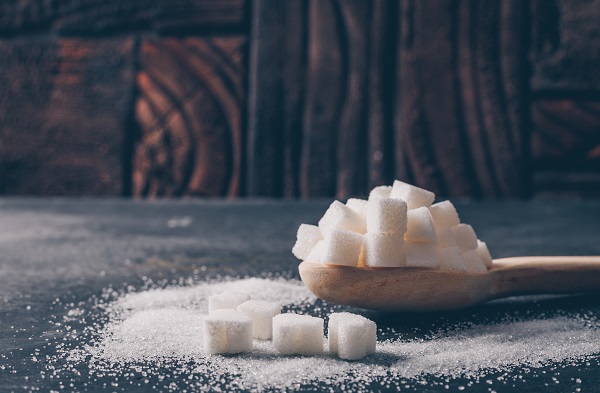One of the worst pains anyone can feel is that of kidney stones. Kidney stones have become common in individuals. You must have encountered at least one person in your close family or friends who has developed kidney stones. Although kidney stones can be extremely painful, cause inconvenience and disrupt your plans, the silver lining is that kidney stones can be removed, sometimes with surgery or without, depending on the size of the stones. If it’s through surgery, it’s a simple procedure that you do not have to be worried about.
This blog will discuss all about kidney stones, including how they’re formed, what causes kidney stones, and tips that can help with the treatment. Keep reading.
But first, brushing the basics
Kidney stones are solid masses that are formed through the chemicals found in the urine. These may include salts, acids and minerals. The sizes of kidney stones differ, they can be as small as a rice grain or as big as a ball. If it is a smaller stone, a person may not even realise its presence. In most circumstances, these small stones can pass through the bladder and get eliminated from the body when you pass urine. Large stones may require medical intervention, where some procedures like ureteroscopy or laparoscopy may be required.
It must be noted that urine contains various chemicals and wastes. When there is excess waste in it, crystals begin to form. The crystals further attract other elements to form a solid (stone) that will get bigger unless it is removed with the urine. Hydration is important in this regard. Water washes away these stones. Water may also help prevent the formation of stones.
Symptoms of kidney stones
The kidney stone symptoms depend on the size. The larger the stone, the more apparent and severe the kidney stone symptoms will be.
- Intense pain on the side of the lower back
- Persistent pain or stomach ache
- Blood in the urine
- Nausea or vomiting
- Fever
- Smelly urine
Why do kidney stones pain?
The kidney stone starts to cause pain when they irritate the vessels and passage. The kidney stone pain intensifies but doesn’t inflict damage on the other organs (in most cases). This extreme kidney stone pain may be managed with pain relievers.
Tips for treatment and recovery where surgery is not needed
Surgeries are usually the last resort doctors recommend. Surgery is recommended when the stone is too large, or if it obstructs the flow of urine or causes infection (Here are some tips that can help in recovery after a kidney stone surgery). The first approach is to let the stone pass through the urine. In this case, they advise drinking lots of water to let the stone pass smoothly. Aim to drink at least 2 litres of water every day. Your urine must be light yellow; it’s a sign that you’re drinking enough water. Feel free to have other drinks to meet this goal; including lime water, lemonade, ginger ale, and fruit juices. You must also limit your coffee and tea (tea with milk) intake. Caffeine causes dehydration, which is counterproductive here.
As for diet, minimise your consumption of salt and meat. Protein is hard to digest, which may cause strain on the kidneys. As you don’t want to do that, you must limit your protein intake, including milk and other dairy products. Have other calcium-rich sources. Calcium is essential when it comes to preventing the formation of more stones. Aim to eat low-fat food.
In case you have calcium oxalate stones, you may be required to limit your intake of foods containing oxalate. These food items include instant tea, spinach, tomato soup, tofu, nuts, chocolate, and strawberries.
If you have uric acid stones, avoid cauliflower, dried beans and peas, oils, spinach and mushrooms
You must also refrain from having alcohol as it causes dehydration.
Closing thoughts
Kidney stones can be extremely painful but they can be treated. There’s no need to worry if you have a stone. Hydration and a proper diet can go a long way and help in getting rid of kidney stones without the need to perform surgery. It’s best you seek medical advice and talk to a doctor before your kidney stone symptoms get worse.




